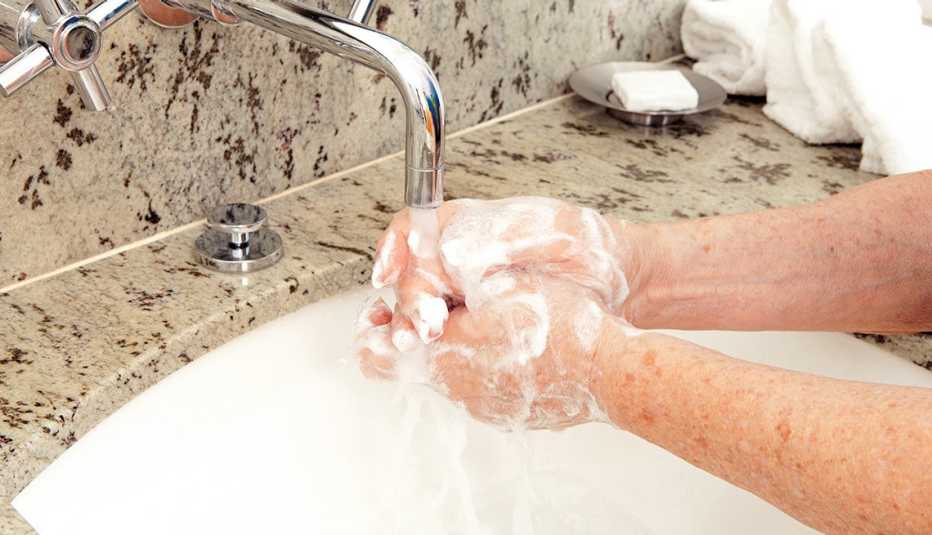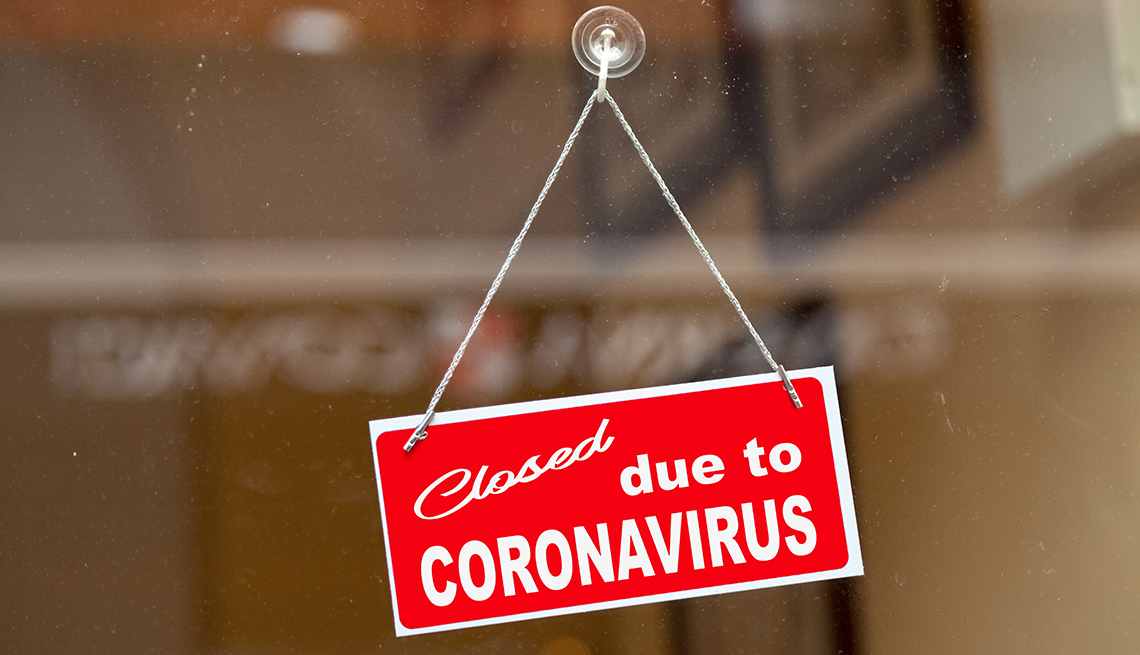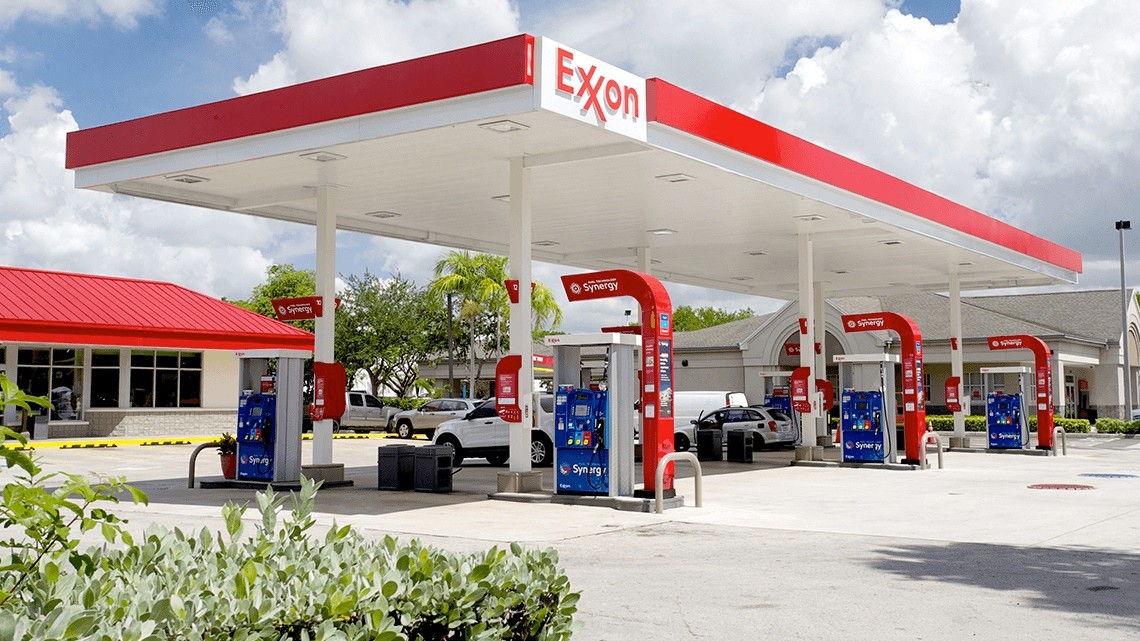Staying Fit
As public officials order shutdowns across the country to curb the spread of the coronavirus, many small businesses and their employees are starting to suffer financially. The federal government is now taking steps to help these companies handle the impact.
In response to the pandemic, Congress passed and the president has signed a new law that gives the Small Business Administration (SBA) additional money the agency can lend directly to entrepreneurs whose companies have been hurt by the slowdown in business. Small-business owners can apply for loans of up to $2 million.


AARP Membership— $12 for your first year when you sign up for Automatic Renewal
Get instant access to members-only products and hundreds of discounts, a free second membership, and a subscription to AARP the Magazine.
"Small businesses are vital economic engines in every community and state, and they have helped make our economy the strongest in the world,” says SBA Administrator Jovita Carranza. “Our agency will work directly with state governors to provide targeted, low-interest disaster recovery loans to small businesses that have been severely impacted by the situation."
The interest rates on these loans — which can be used to cover payroll, accounts payable and other bills that can't be paid because of the impact of the coronavirus shutdowns — is 3.75 percent for small businesses that don't have credit available elsewhere. The interest rate for nonprofits is 2.75 percent. Businesses that have lines of credit available elsewhere are not eligible for this program.


To help keep payments on the SBA loans affordable, long-term repayment options as long as 30 years are available, depending on the borrower. For more information, contact the SBA disaster assistance center at 800-659-2955 (TTY: 800-877-8339) or email disastercustomerservice@sba.gov.
In another attempt to help financially struggling companies, Treasury Secretary Steven Mnuchin announced this week that the Internal Revenue Service would allow small businesses to defer up to $1 million in tax payments for up to 90 days.
Small-business owners also are encouraged to look for available grants. For example, Facebook recently announced that it will be awarding $100 million in grants and advertising credits to small businesses affected by the pandemic. And Amazon announced it is offering $5 million in grants to small businesses located near its headquarters in Washington state.
Small businesses contribute a large part of the nation's economy, accounting for about 44 percent of the country's gross domestic product (GDP) and employing nearly 48 percent of workers in 2014, according to data from the SBA and U.S. Census Bureau.
According to a survey by the National Federation of Independent Business, released on March 13, 23 percent of small businesses are already being hurt because of the coronavirus outbreak. Among the respondents who said the pandemic was hurting their business now, 39 percent are experiencing supply-chain disruptions, 42 percent are seeing slower sales, and 4 percent have some sick employees (though not all of those workers have COVID-19).
For the small businesses that said they had not yet been affected at the time of the survey, 43 percent said their business would be hurt if the coronavirus outbreak spreads more broadly in their immediate area over the next three months.

































































